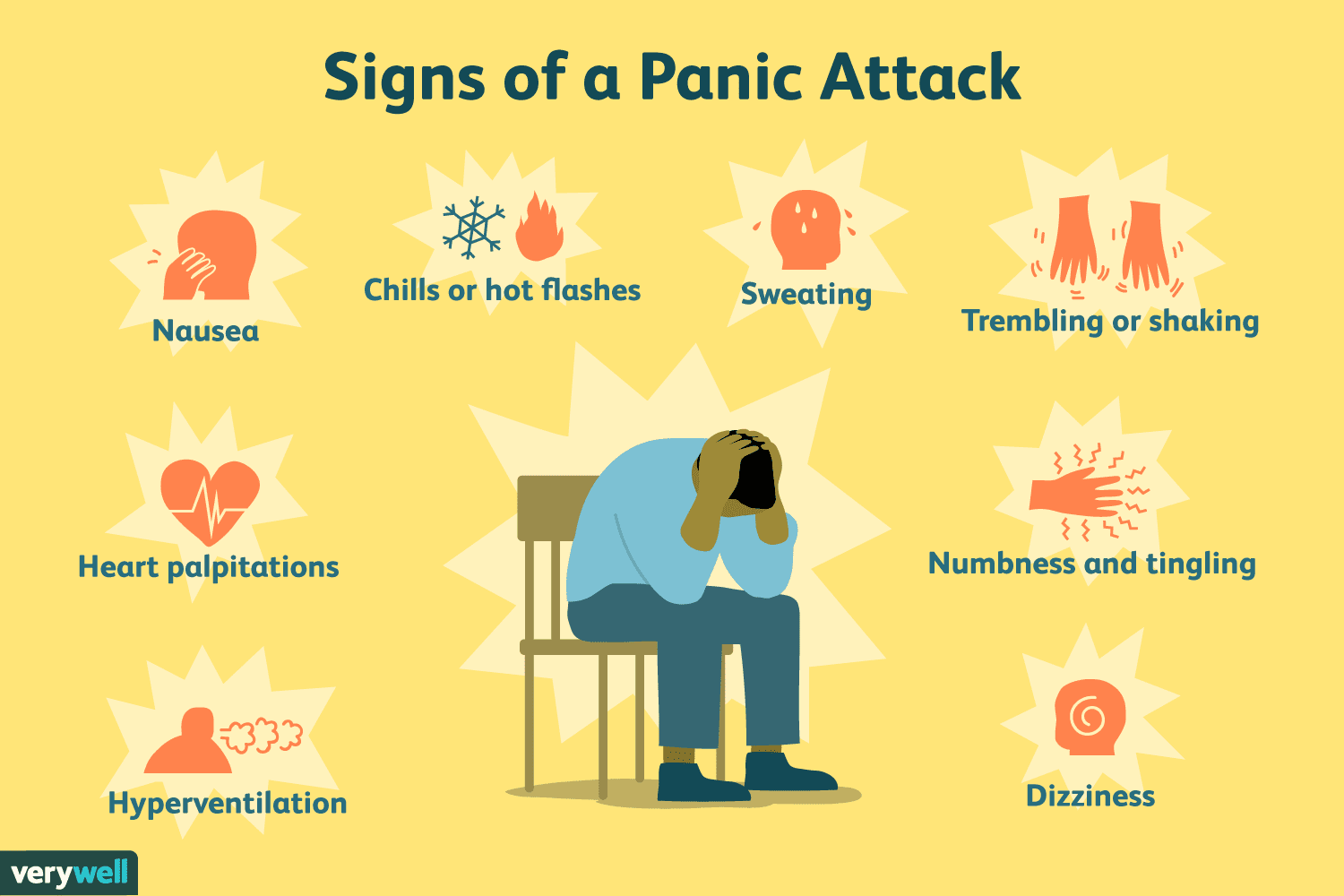Licensed professional counselor (LPC) Keri Riggs, an American Counseling Association member with a private practice in Richardson, Texas, started noticing the pattern about eight months to a year ago: clients reporting a sharp increase in anxiety. And it wasn’t only her existing clients who were expressing discomfort; new clients were seeking her out, surprised and distressed by the symptoms they were experiencing.
“I had [new] clients coming in who would say, ‘I went to the ER because I had chest pain, and they told me I was having a panic attack,’” she says.
Others told Riggs that although they had always had some anxiety, they had been able to handle it previously. Now they felt that they needed help and a place to talk about what they were feeling.
Of course, it is not just people in “targeted” populations who are experiencing rising anxiety. In February, the American Psychological Association released a report, “Stress in America: Coping With Change,” that found two-thirds of Americans are stressed about the future of the nation.
Uncertainty about the future and the lack of cohesion in America’s political and social landscape have left many people living in a state of hypervigilance and suspicion, distrustful of those around them and prone to looking over their shoulders. He adds that this atmosphere of anxiety is affecting how people feel about themselves and making them question whether they can trust their own instincts about “outsiders.” Brown says he has witnessed an increased level of suspicion for anyone who might be considered “other,” which is serving to create a substantial societal divide.
Read the full original article here.







